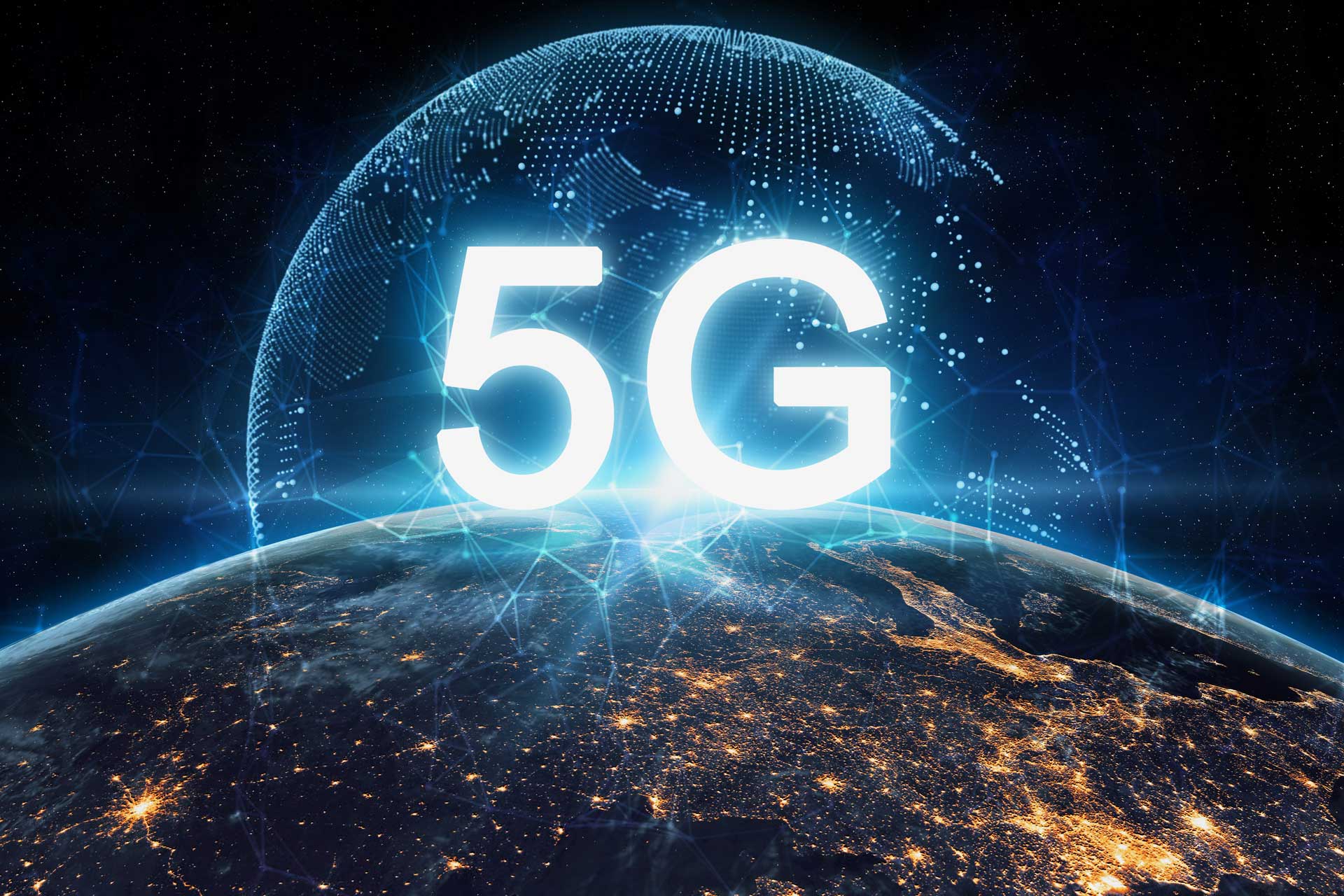
In today’s media, it’s hard to tell the difference between news and marketing. Take 5G and healthcare as an example. Talk of the revolutionary nature of this next generation of wireless technology has been around for years, but in truth the uptake has been slow. So, I set out to see what I could learn about whether and how 5G is transforming health care. Here’s what I found…
First, what is 5G? It stands for the fifth generation of cellular wireless technology (1G allowed for voice; 2G – digital voice; 3G – data; 4G – streaming; and 4GLTE encompasses everything up to 4G, faster and better than ever). 5G will transmit data 20x faster than 4G; handle 100x more traffic so more devices can be connected and work more reliably; support wireless operations; speed up how quick data can be uploaded and transported; and dramatically increase the amount of data available for decision-making.
While Wi-Fi doesn’t have the bandwidth to support all of the leading-edge technologies – like the IoMT, edge computing, robots, augmented and virtual reality (AR/VR), and more – 5G can. It’s expected to transform how work gets done, driving productivity, competitiveness, quality, cost savings, profitability, smart decision-making, data security, and more.
As reported by ManagedHealthcareExecutive.com, the Cleveland Clinic Mentor Hospital – scheduled to open its doors to patients on July 11 – is the first U.S. hospital built with a private 5G network via a partnership with Verizon Communications, providing “an opportunity to explore how private 5G networks can help enable digital transformations in hospital settings.”
According to InsiderIntelligence.com, the Cleveland Clinic is already ranked fourth by Newsweek’s World’s Best Smart Hospitals 2023 (Mayo Clinic, Massachusetts General and John Hopkins take the top three spots). With 5G at Mentor Hospital, the clinic will be exploring potential use cases for asset tracking, digital displays, entertainment, check-in kiosks, AR/VR for education/assisted surgery/imaging, and more.
While looking forward to the learnings that will come from Mentor Hospital’s 5G capabilities, Samsung Medical Center (SMC) in Seoul, South Korea is already experiencing the benefits of integrating 5G with digital pathology.
HealthcareITNews.com reports 5G is helping to cut pathology time at SMC in half. They have three diagnostic reading rooms that received numerous “requests for frozen section tests.” It would take 15 to 20 minutes for someone to get to the rooms, until a scanner, analysis and interpretation software, a desktop computer, and 5G enabled access via mobile devices, reducing response time to 10 minutes. The result is quicker diagnosis and fewer surgical delays.
In April, The Wall Street Journal reported on how another hospital in Seoul is using AR technology to promote precision during surgery thanks to its private 5G network which can upload and transmit tremendous amounts of data without lags. The Ewha Womans University Mokdong Hospital’s 5G-enabled AR technology helps surgeons see the exact location of tissues and tumors when a tablet is placed above a patient’s chest. This replaces a surgeon making incisions based on CT scans.
The hospital also tested the system for a recent surgery where surgeons in different locations were able to join a procedure and exchange advice, setting the stage for remote surgeries and even physician training.
(FYI: The AR technology was developed by SKIA Co. which is applying for regulatory approval in South Korea for widespread use and subsequently plans to apply for approval from the U.S. Food and Drug Administration.)
No doubt, this is just the beginning. As The Wall Street Journal reported, “The 5G healthcare market—encompassing 5G-supported augmented-reality and virtual-reality technology services, virtual consultations, remote patient monitoring and more—was valued at $2.5 billion in 2021 and is expected to grow an average of more than 35% annually from 2022 to 2030, according to Global Market Insights, a market research firm.”
While you may be thinking about where and how 5G will impact your healthcare organization’s future strategy, please know that RBT CPAs can help free you up by handling all of your accounting, tax, audit, and business advisory needs. To learn more, visit us at RBTCPAs.com or give us a call today.
